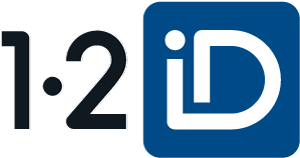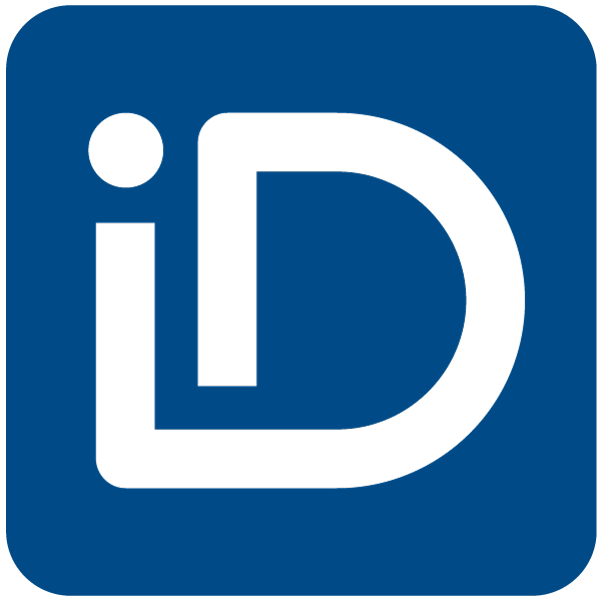Why Digital Signatures Are the Future of Document Security
In an era of rapid digital transformation, the need for efficient, secure, and legally binding ways to authenticate documents has become crucial. Digital signatures offer a revolutionary solution, providing numerous advantages over traditional methods such as notaries in the US, France, Germany, and many other countries. With 12iD leading the charge in digital identity solutions, the transition from cumbersome paper-based processes to streamlined digital workflows is not just a possibility but a necessity.
Traditional notary services are notorious for their complexity and inefficiency. Individuals must physically visit a notary office, wait in line, and often return multiple times to complete a single transaction. This process is not only time-consuming but also costly, as fees for notary services can add up quickly. Moreover, the reliance on physical presence and paper documents creates numerous opportunities for fraud and forgery, undermining the very security these methods are supposed to ensure.
Digital signatures, on the other hand, offer a modern and efficient alternative that addresses these pain points head-on. One of the primary advantages of digital signatures is their convenience. With digital signatures, there is no need to travel to a physical location or wait in long lines. Documents can be signed and verified from anywhere in the world, at any time, using a computer or mobile device. This flexibility is particularly beneficial for businesses and individuals who need to manage multiple transactions across different locations.
In addition to convenience, digital signatures provide enhanced security. Each digital signature is uniquely encrypted and can be easily verified for authenticity, reducing the risk of forgery and tampering. This level of security is critical in an era where cyber threats are on the rise and the integrity of digital transactions is paramount. By utilizing advanced encryption technologies and secure digital identities, digital signatures ensure that only authorized individuals can sign and access sensitive documents.
The benefits of digital signatures extend across the globe. For instance, in the United States, notaries play a crucial role in certifying signatures for various legal documents, from real estate transactions to affidavits. However, the traditional process often involves scheduling appointments, in-person verification, and handling physical documents, which can be both inconvenient and inefficient.
Similarly, in countries like France, Germany, Austria in Europe, and Argentina, Chile and Brazil in Latin America, notarial services are required for the validation of many legal documents, including wills, contracts, and powers of attorney. These procedures often necessitate personal appearances and physical signatures, which can be cumbersome and time-consuming. Digital signatures streamline these processes by allowing for remote verification and electronic document handling, significantly reducing the administrative burden and expediting transaction times.
12iD plays a key role in this digital transformation. By offering secure, reliable, and user-friendly digital identity solutions, 12iD ensures that digital signatures are not only accessible but also trustworthy. Our cutting-edge technology integrates seamlessly with existing systems, providing robust security measures to protect against unauthorized access and fraud. Furthermore, 12iD's solutions are designed to comply with international standards and regulations, ensuring legal validity and acceptance across different jurisdictions.
In conclusion, the shift towards digital signatures represents a significant leap forward in how we handle document authentication. By replacing outdated and cumbersome notarial processes with efficient, secure, and convenient digital alternatives, we can save time, reduce costs, and enhance security. As a leader in digital identity solutions, 12iD is at the forefront of this transformation, providing the tools and technology needed to make digital signatures the new standard for businesses and individuals worldwide. Embracing digital signatures is not just a step towards modernization; it's a necessary evolution in our increasingly digital world.
Image by pvproductions on Freepik


